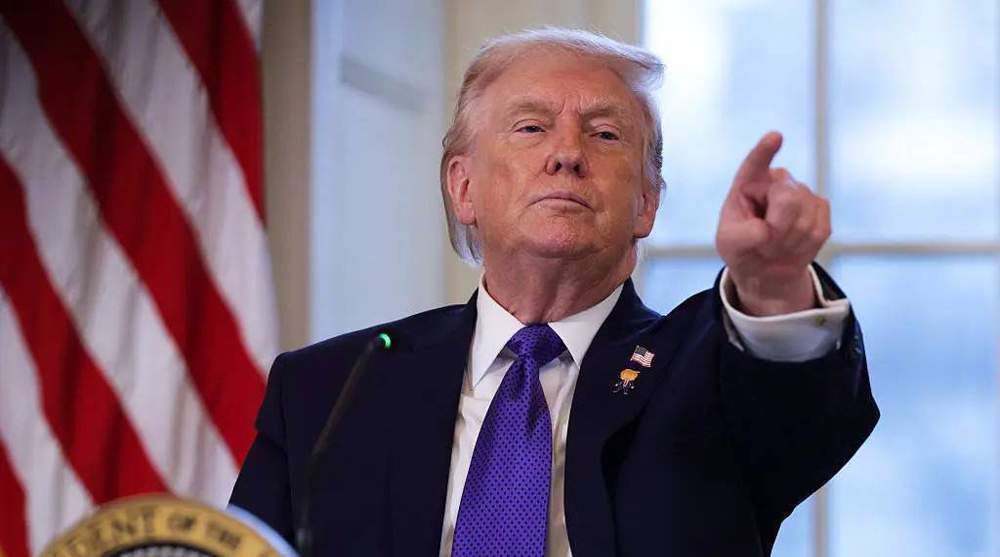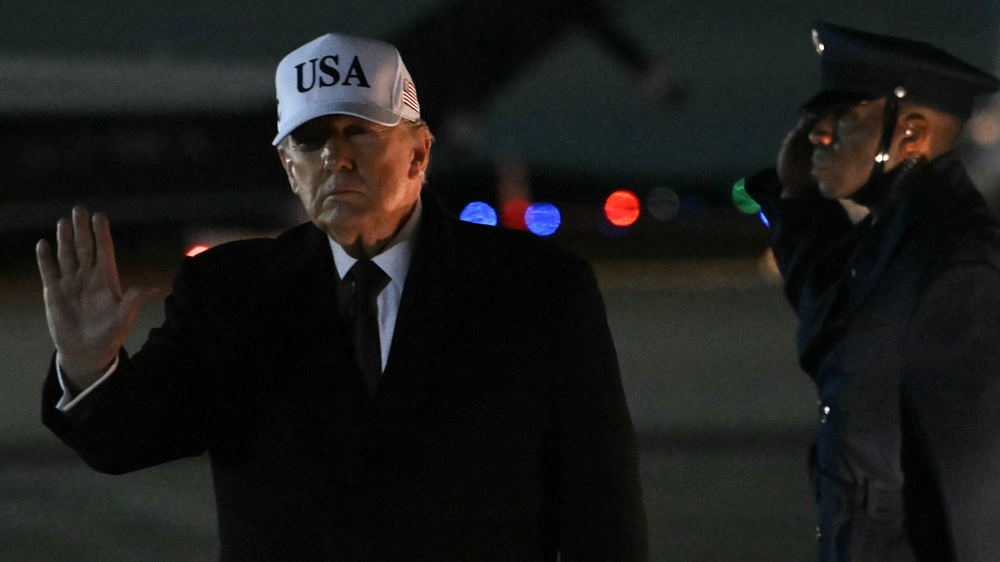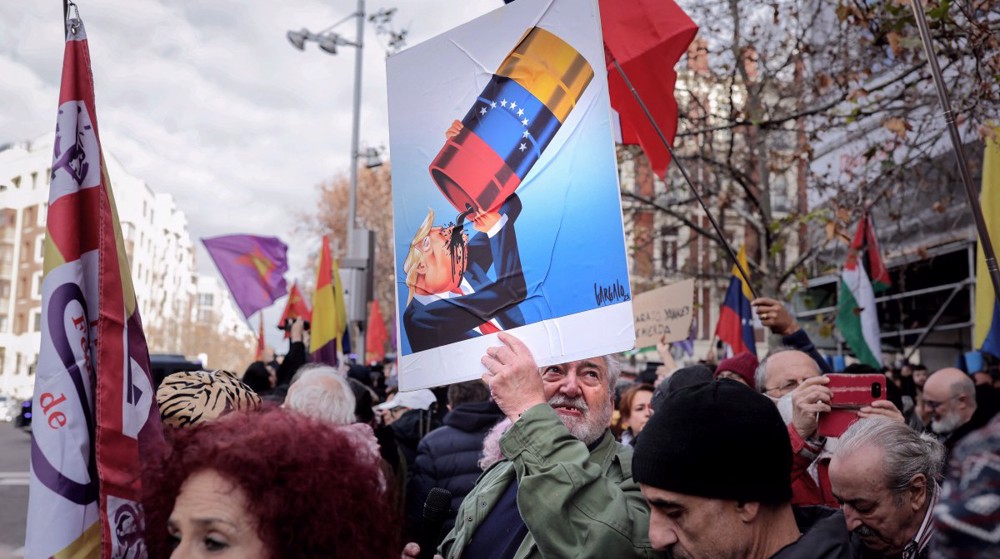Two-thirds of Americans lack emergency fund: Poll
Two-thirds of Americans would have difficulty coming up with the money to cover a $1,000 emergency, according to a new survey, a sign that despite years after the Great Recession, Americans' finances remain insecure as ever.
Three-quarters of people in households making less than $50,000 a year and two-thirds of those making between $50,000 and $100,000 would have difficulty coming up with $1,000 to cover an unexpected bill, according to the poll released Thursday by The Associated Press-NORC Center for Public Affairs Research.
Even for the nation’s wealthiest 20 percent, those households making more than $100,000 a year, 38 percent say they would have at least some difficulty coming up with $1,000.
"The more we learn about the balance sheets of Americans, it becomes quite alarming," said Caroline Ratcliffe, a senior fellow at the Urban Institute focusing on poverty and emergency savings issues.
"People are extremely vulnerable if they don't have savings," Ratcliffe said. "And it's a cost to taxpayers as well. Lack of savings can lead to homelessness, or other problems."
Experts say having a modest, immediately available emergency fund is recognized as critical to financial health.
An Urban Institute study found that families that have even a small amount of non-retirement savings, between $250 and $749, are less likely to be evicted from their homes and less likely to need public benefits.
When faced with an unexpected $1,000 bill, a majority of Americans said they wouldn't be especially likely to pay with money on hand, the AP-NORC survey found.
A third said they would have to borrow from a bank or from friends and family, or put the bill on a credit card. Thirteen percent would skip paying other bills, and 11 percent said they would likely not pay the bill at all.
Those numbers suggest most American families do not have at least $1,000 stashed away in a savings account to cover an emergency.
Americans' struggle to save isn't new. Three polls by CBS News and The New York Times going back more than 20 years show a majority of Americans would have difficulty covering a $1,000 emergency.
The AP-NORC poll illustrates how many Americans' frustrations over the economy, income inequality and financial insecurity has contributed to the sensational presidential election.
In the same AP-NORC poll, 46 percent of workers said their wages have remained stagnant in the last five years, and another 16 percent said they've seen salary cuts. Meanwhile, costs for basic needs, such as food, housing and health care, have risen.
"Many families are still struggling with debt from the housing bubble and borrowing boom. And the recent economic stresses make it much more likely families are going to be fighting basic financial issues," said William R. Emmons, a senior economic adviser at the Center for Household Financial Stability at the Federal Reserve Bank of St. Louis.
US Justice Department refuses probe into killing of Minneapolis mother
VIDEO | Israel Gaza ceasefire violations
VIDEO | Gaza Solidarity Forum in Damascus calls for boycott of Israel over Gaza genocide
VIDEO | London memorial event highlights Gaza genocide
VIDEO | Press TV's news headlines
VIDEO | Istanbul demonstrators voice support for Iran amid US tensions
VIDEO | Israeli settlers attack Palestinian Bedouin community, injure 13
Palestinian Ambassador’s residence in Tehran attacked amid terror wave










 This makes it easy to access the Press TV website
This makes it easy to access the Press TV website